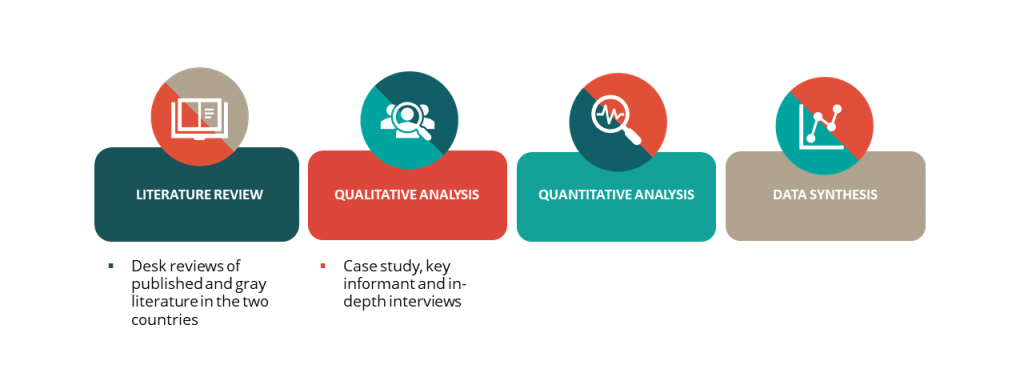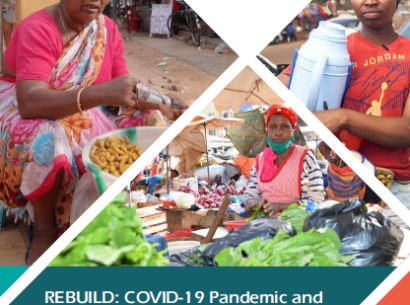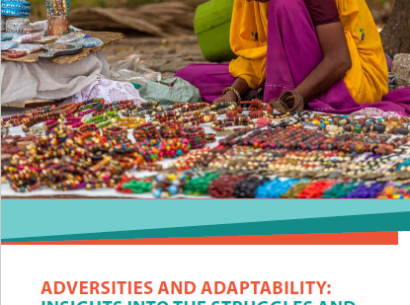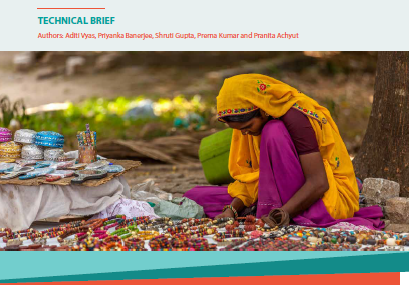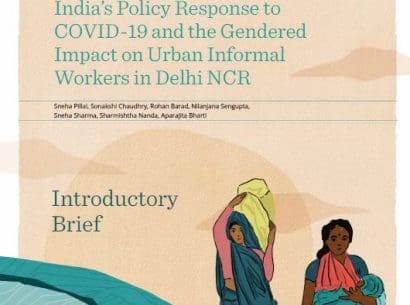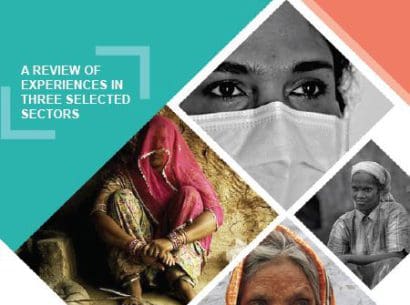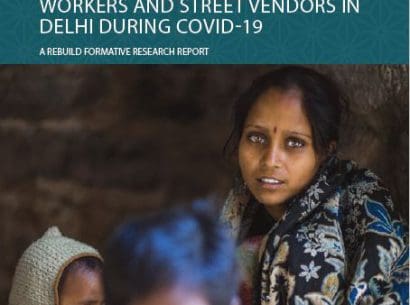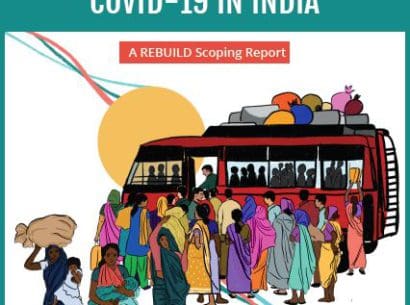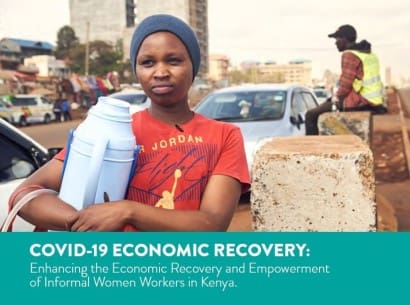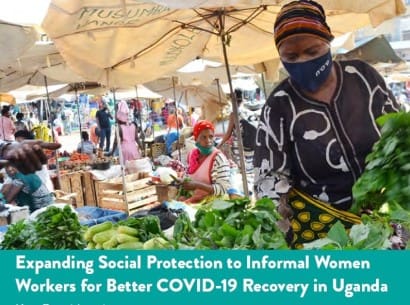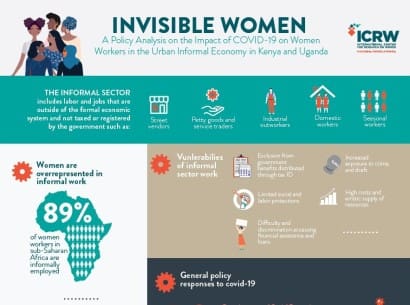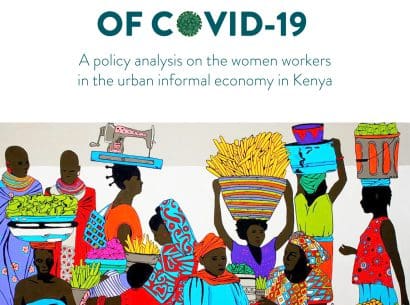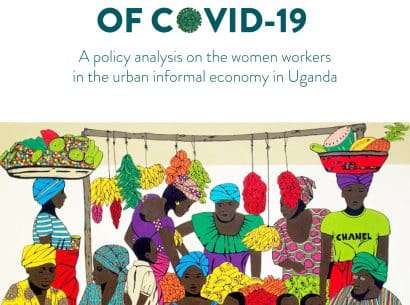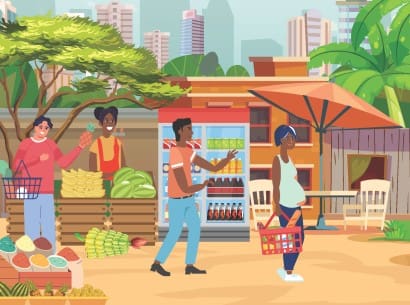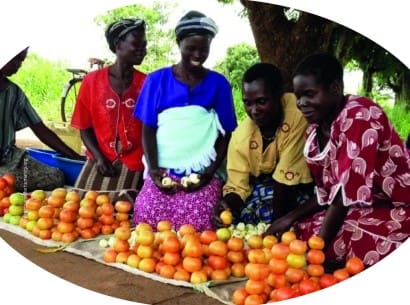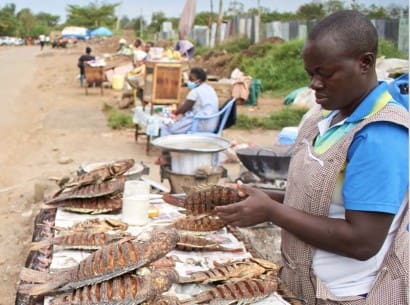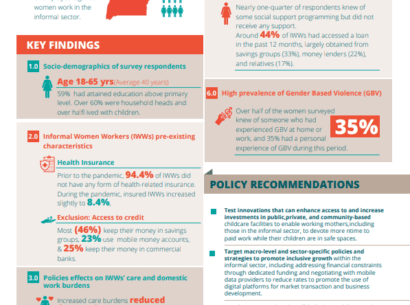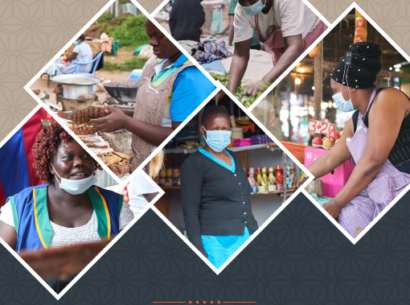
REBUILD: COVID-19 & Women in the Informal Economy in Kenya, Uganda & India
2020 - 2023
Bill & Melinda Gates Foundation, IDRC
Evelyne Opondo
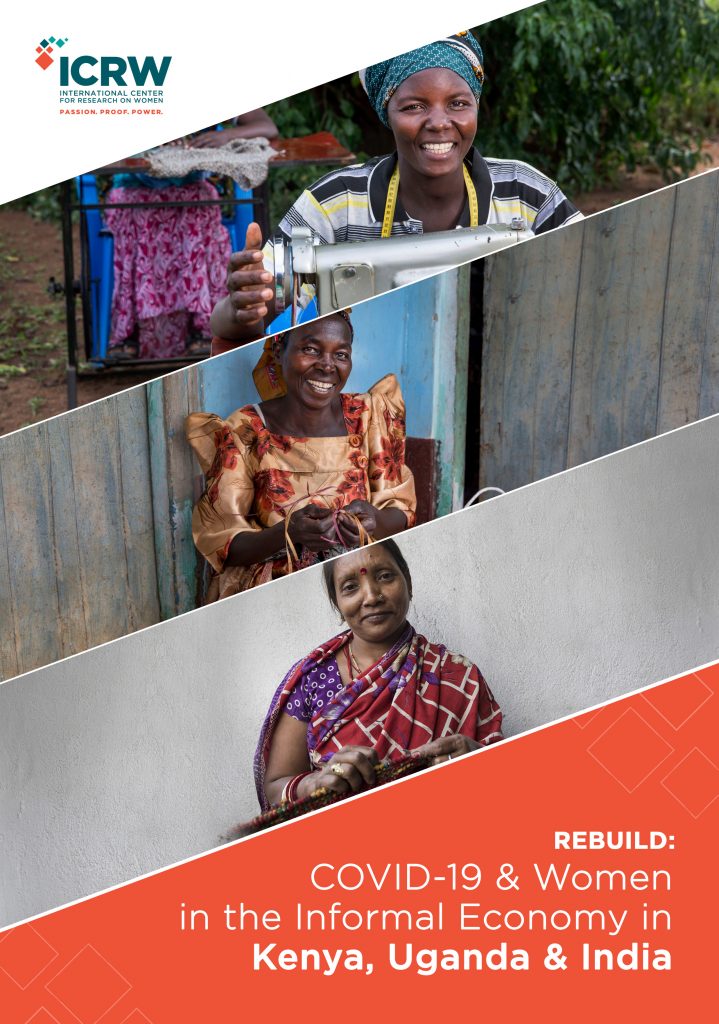
The COVID-19 pandemic has wrought a global socio-economic crisis with profound implications for the well-being of individuals, households and communities. It has further deepened existing social inequalities and the heightened risks for Gender Based Violence (GBV) and violation of sexual and reproductive health and rights (SRHR) among marginalized groups. As countries move to mitigate the health costs of the pandemic, the policy choices they make carry economic and social costs that are largely borne by vulnerable and low-income populations, among whom women are the most affected.
Immediate policy responses have focused on COVID-19 clinical management, quarantine, mobility restrictions/lockdowns, social protection in the form of cash transfers and economic stimulus packages. The lockdowns have brought economies to a grinding halt, overwhelmingly impacting women within the informal economy, including daily- and hourly-wage workers, those paid task-by-task and micro-entrepreneurs. Women engaged in this type of work suffer both immediate and medium-term financial losses resulting from the restricted movement of goods, produce and people. The disruption in livelihoods and protective networks described above have also undermined the bargaining power of women, exposing them to higher risk of abuse and exploitation in domestic and public spaces and in the workplace.
What are we setting out to do?
In this context, the International Center for Research on Women (ICRW) is undertaking a three-country research study with the support of the Bill and Melinda Gates Foundation (BMGF) and the International Development Research Centre (IDRC). The study aims to understand how COVID-19-related health and economic shocks, and the policy responses to them, interact with pre-existing gender and other social norms to impact livelihoods, experience of GBV and SRHR outcomes for women who work in the urban informal economy. More specifically, this work aims to:
- Map and analyze the scope and nature of policies, strategies, implementation challenges and mitigation methods, used by various actors (state, private sector and civil society) that have affected female workers in specific urban informal economies in India, Kenya and Uganda
- Generate evidence on the ways in which pre-existing inequalities and vulnerabilities experienced by women in urban informal economies have been exacerbated due to the COVID-19 pandemic and understand resilience strategies women have adopted to cushion themselves and their households from further economic shocks
- Analyze state and local mechanisms/mitigation measures implemented in response to the pandemic (including responses to the social crisis, GBV and SRH) and the roles played by various actors and institutions in these women’s ecosystem in facilitating or hindering the coping process
- Document and analyze relevant policies, schemes and initiatives
- Develop a framework to guide research, policy and practice on women’s work
- Synthesize research evidence, including best practices, and turn insights into an actionable agenda for policymakers
Watch the REBUILD advocacy video below:
Watch the project launch event below:
What methods are we using?
The research design will follow an interdisciplinary, phased, exploratory and iterative process that allows for continuous reflection and refinement of the research questions within the broad areas of inquiry. This agile approach will enable the research team to identify and answer the most salient questions in the evolving COVID-19 context.
